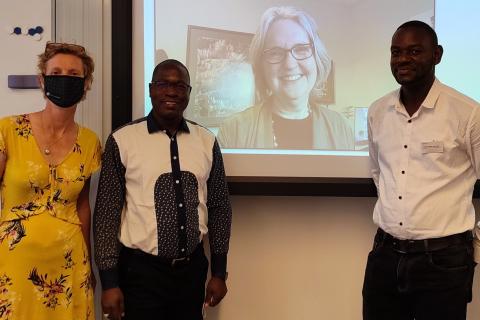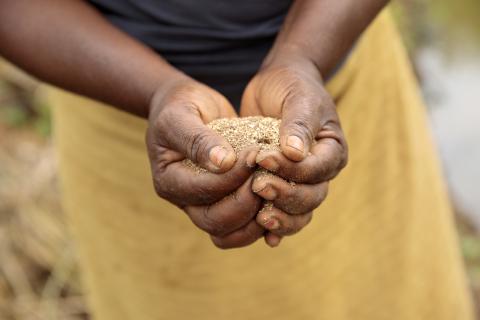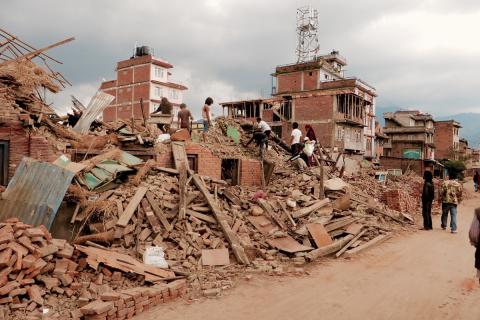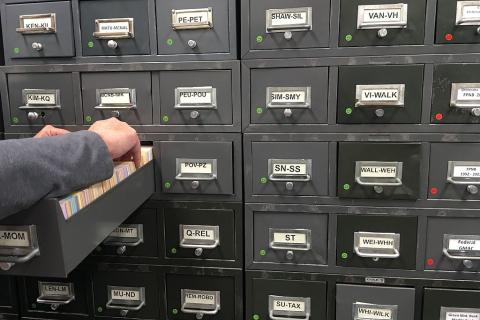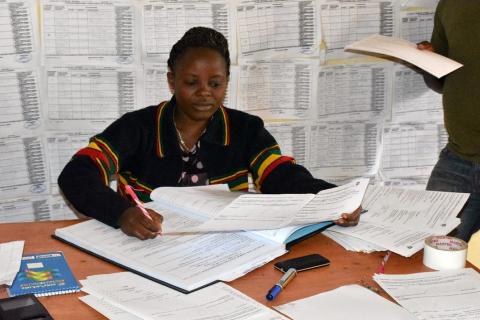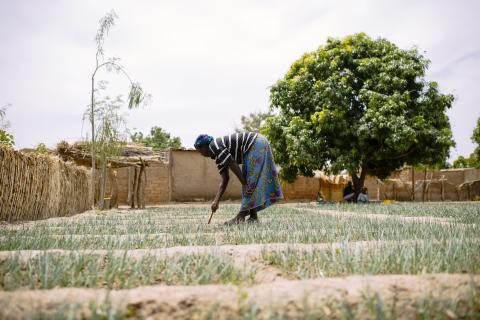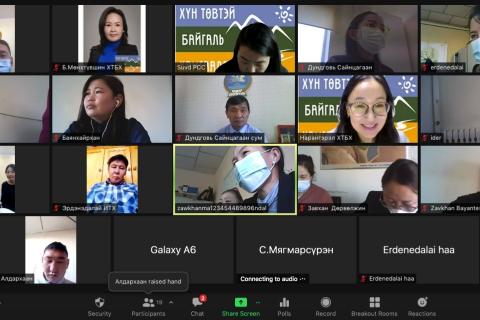Discussing Gender in LAND-at-scale projects
This blog describes the common trends and actions across the projects, and is enriched with additional insights from the LANDac Annual Conference 2022 and other events.
Monitoring the gender transformative impact of land programs
For land governance interventions to be equitable and sustainable, the role of women must be actively brought to the forefront. But, how do you do this? How do you measure this? These are questions posed within the LAND-at-scale program.
New Country Portfolio for Nepal
The Land Portal published a new country portfolio for Nepal as part of our Country Insights initiative. The initiative seeks to expand knowledge about how countries govern their land, the challenges they face, and the innovative solutions they find to manage land tenure issues.
Nepal is a small landlocked country situated between India and China. It comprises three main geographical areas, namely lowland plains bordering India, foothills, and then the high Himalayan mountains bordering China. The total land area is 147,516km2.
Transforming Our Cities by Addressing Gender Deficit in Land Titles in Brazil
Can we transform our cities by addressing the gender insecurity and inadequacy women face? In the northeast state of Pernambuco in Brazil, Espaço Feminista reflects on lessons learned from fighting for women’s land rights by achieving land regularisation in informal settlements.
The Brazilian Housing Deficit is a Gender Deficit
Why does land inequality in Brazil impact women in particular?
Land Portal publishes new gender thematic portfolio
The recently updated portfolio on Land & Gender provides an overview of the key challenges for women to access land, as well as the status of global policies and practices that aim to promote more equal opportunities to tenure security for women. The portfolio also provides quick access to a curated selection of news, blogs, datasets, publications and other resources on land & women.
Kenya’s Digitization of Land Records Enhances its Capacity to Monitor and Report Progress on National, Regional and Global Development Commitments
In April 2021, Kenya, through the Ministry of Lands and Physical Planning (MoLPP) and the National Land Commission (NLC) achieved an unprecedented milestone in land management and administration by launching the National Land Information Management System (NLIMS) dubbed Ardhisasa.
A sustainable future needs women and men working together for change
It’s that time of year again! March means International Women’s Day and the annual meeting of the UN Commission on the Status of Women. It’s not surprising, after COP26 in Glasgow, that this year’s CSW66 links gender equality with climate change. The official theme is ‘achieving gender equality and the empowerment of all women and girls in the context of climate change, environmental and disaster risk reduction policies and programmes.’
Scaling up gender-sensitive approaches in Burundi
As observed in many countries, women’s access to land in Burundi is hampered by customary practices. ZOA, VNG and MiPAREC are scaling up a gender-sensitive approach to strengthening women’s rights to land. Experiences from the past prove that sensitization and awareness raising are for a meaningful and successful outcome for women. But there are also many challenges and pitfalls when it comes to working on a topic as women’s land rights.
A story of women as driving force for land reform - How a campaign on women’s land rights paved the way for broad land reform and development interventions on just land governance in Chad
« ‘Je prie Dieu qu’il ait partage et communion entre nous les femmes, que nous parlions d’une seule voix, pour se faire entendre par les autorités, qu’ils nous écoutent et nous soutiennent dans nos initiatives, à vaincre la faim et avoir abondement à manger’ Marthe Ladem, productrice rurale Logone orientale ( voir histoire de vie ‘Avec la femme rurale pour un Tchad sans faim
Gender Transformative Approaches in the LAND-at-scale programme
Land has profound meaning to all people. It represents ‘home’ and cultural values, political power and participation in decision making processes; it can provide services for living such as food production and clean water and shelter and it can be used as an economic asset for income generation, as collateral for credit and as a means of holding savings for the future. Though women contribute to almost half of the world’s agricultural production, a mere 15% of these women have legal rights to the land that they work on.
"It will be fun to develop land-use planning, if we do it together"
“It will be fun to develop land-use planning, if we do it together.” This was a comment from one of the local land managers during 30 online workshops run by PCC to introduce new Gender Guidelines for local land management in Mongolia.


